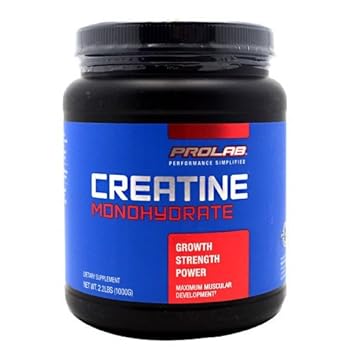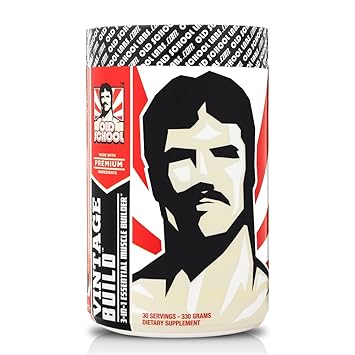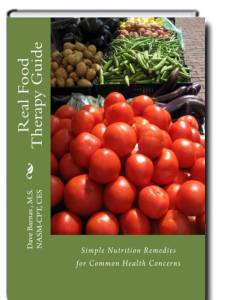Creatine is a nitrogen-containing amino acid that is naturally produced in the human body from other amino acids, primarily in the kidneys and liver. Most (95%) of your body’s creatine is found in muscle tissue, though it is also found in the heart, brain and other tissues. Creatine helps supply muscles with energy, particularly for short-term, maximal exercise. Food sources of creatine include meat, poultry, and fish.
Creatine: Claims and Purported Use
Widely used by athletes, creatine studies suggest that it can improve muscle strength and endurance during repeated high-intensity exercise of short duration, such as weight lifting and sprinting. However, it does not provide an added benefit for aerobic exercises such as long distance running. Most studies suggest that it is more effective in healthy young adults than in older individuals, though the evidence in older populations is mixed. Creatine supplementation appears to be more effective in people with low initial creatine levels, while people with higher levels may not respond as well. Since there are no vegetable sources of creatine, vegetarians are often low in creatine and respond well to creatine supplementation.
The following creatine products are tested and true.
TESTED & TRUE
GNC Pro Performance Creatine Monohydrate
Prolab Creatine Monohydrate Powder
Vintage Build – The Essential 3-in-1 Muscle Builder (Creatine, BCAAs & L-Glutamine)
Selected Potential Side Effects
Creatine is generally regarded as safe when taken in appropriate amounts, but be aware that it may cause muscle cramping, dehydration, and diarrhea in some individuals. There have not been any long-term studies on creatine’s long-term impact, but due to the way it is metabolized by the body, there are concerns of its potential effects with long-term use at high doses (over 20 grams per day) on the kidneys and cardiovascular system.
Selected Drug Interactions
Creatine should not be used in conjunction with ephedra and caffeine because of potential effects on cardiovascular system. This interaction suggestion is based upon a report of one athlete’s ischemic stroke, who was taking all three – ephedra, caffeine, and creatine.
Suggested Dosage
The recommended dosage for creatine consists of a loading phase of 15-20 grams per day for fourteen days, which is followed by a maintenance dose of 2-5 grams per day for up to four weeks to ensure maximum creatine storage.
Reference Guide for Tested and True Dietary Supplements
Tested and True: Multivitamins
Tested and True: Coenzyme Q10 (CoQ-10)
Tested and True: Glucosamine and Chondroitin
Tested and True: Muscle Enhancers – Creatine
Tested and True: Muscle Enhancers – Branched Chain Amino Acids (BCAAs)
Tested and True: Nutrition Bars
Tested and True: Nutrition Drinks & Powders
Tested and True: Weight Loss Accelerators and Appetite Controllers
Tested and True: Mood Booster SAM-e
Tested and True: Mood Booster St. Johns’ Wort
Not Yet a subscriber?
Sign-up Free Today
&
Get a Free Gift
Free Real Food Therapy Guide
*reference: Consumer Reports Health







